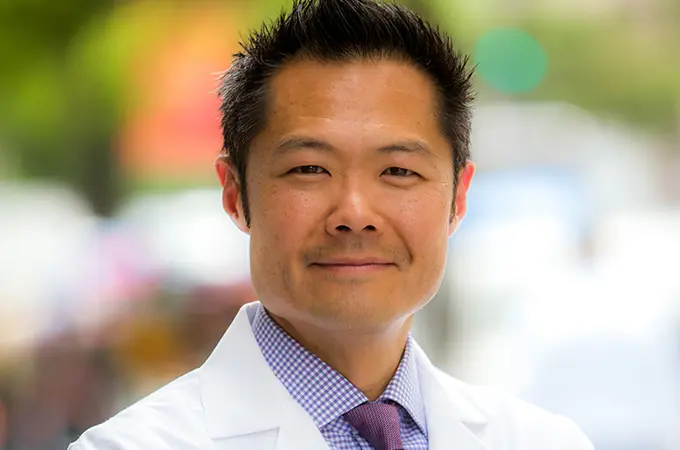
Can penile fractures really happen?
As Shady Grove Fertility’s urologist and male fertility specialist, Dr. Paul Shin gets asked a lot about topics we’ve always secretly wondered about, but then thought, “nah, that can’t happen, it’s just a myth!” Well, as Self.com found out, despite common nomenclature, you can’t technically break a penis, otherwise known as penile fractures, because there is no actual bone to break. However there can be some real damage and pain when it comes to penile fractures.
“The penis is basically a spongy tube of blood vessels, or corpora cavernosa, wrapped in a very durable, almost rubbery layer,” says Dr. Shin. That layer, called the tunica albuginea, or the membrane of the penis, allows the spongy tissue to swell with blood when erect.
What are penile fractures?
A penile fracture occurs when a membrane cracks or ruptures. “There will be an immediate loss of erection, you’ll hear a popping noise, and there will be a lot of bruising and swelling,” says Shin. You and especially your partner will know immediately that there is something wrong.
Shin describes the most common way this happens as “mistimed thrust.” Basically, the penis misses the vagina and hits the pubic bone. While this injury can happen in every sex position, Shin cautions that this isn’t very common and you don’t need to worry about every time you have sex.
It is imperative to get medical attention if this unfortunate injury should occur. Dr. Shin says, “if a penile fracture isn’t fixed immediately, a man can eventually have issues with erectile dysfunction.” Even when treated quickly, Shin cautions that scar tissue can form that can cause the penis to curve and make sex extremely difficult. Overall, Shin advises that there are no long-term effects on male fertility.
While it’s pretty scary to think about, penile fractures do heal almost all of the time. Despite occurring during the height of passion, stay calm, and go straight to the ER.
If you have been trying to conceive for 6 months to a year, it may be time to speak with a specialist. Call 1-877-971-7755 to learn more.






